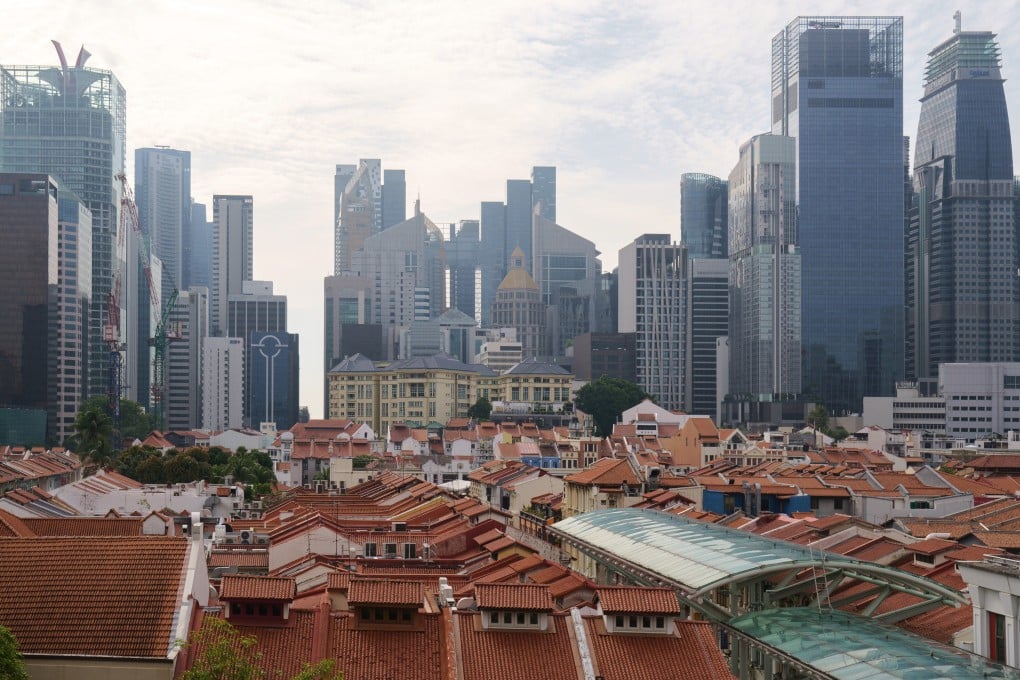Singapore’s anti-foreign interference law will ‘substantially narrow’ civic space, rights groups say
- Fica will allow Singapore to ‘expand curtailment of civil freedoms to the detriment of its people’, said 11 groups including Access Now, Human Rights Watch and Article 19
- The government said the law was an urgent necessity given increasing cases of foreign meddling in countries’ local affairs, especially via the internet

In a joint statement, the groups – comprising organisations such as Access Now, Human Rights Watch, Article 19 and the International Commission of Jurists – reiterated concerns earlier flagged by local activists about the law’s broad provisions and proscription of judicial oversight.
The Foreign Interference (Countermeasures) Act, or Fica, was passed by the city state’s parliament last week after a nearly 11-hour debate during which the opposition and the law’s architect, Home Affairs and Law Minister K. Shanmugam, battled fiercely over the critics’ concerns.
The bill’s passage into law was a formality given the ruling People’s Action Party’s (PAP) decades-old legislative supermajority.
In their statement released on Wednesday morning, the groups said while protecting national security was a legitimate aim, Fica risked “imminently and substantially narrowing already limited civic space in the country”.